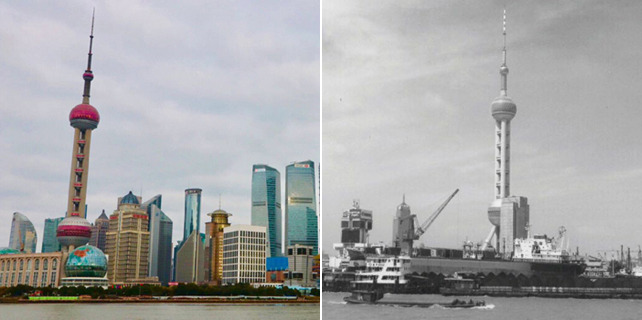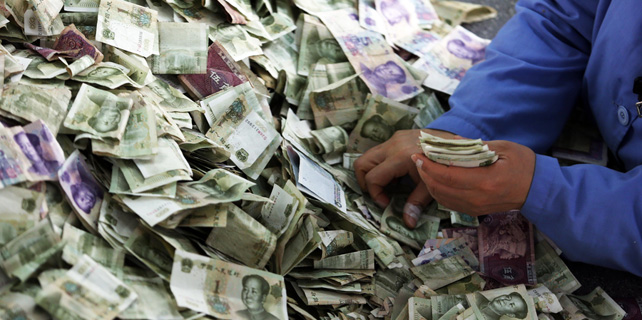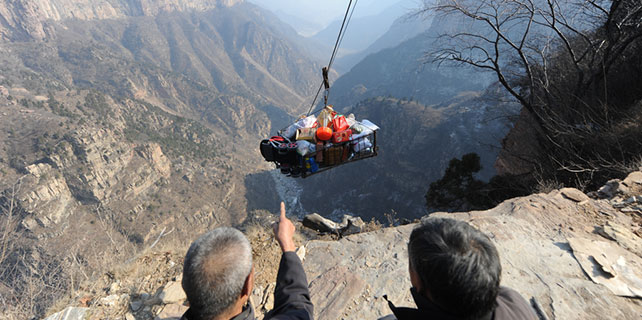US applauds China's action on opioid
US drug enforcement officials are praising China's ban of the opioid carfentanil, which is 10,000 times as potent as morphine and is sometimes used as a tranquilizer for elephants, and three related synthetic opioids.
China announced on Thursday that carfentanil and its cousins furanyl fentanyl, acryl fentanyl and valeryl fentanyl will be added to its list of controlled substances effective March 1.
Fentanyl is used legitimately as an anesthetic in hospitals or for long-term pain management, such as in the form of prescription patches for late-stage cancer patients, according to Hua Zhendong, deputy director of the Ministry of Public Security's drug testing laboratory.
It drew wide public attention after Prince, the US musician, died in April at his home of an accidental overdose of fentanyl.
China had emerged as an important source country for opioids like carfentanil. It is not a controlled substance there, and is manufactured legally and sold openly. Online retailers have sold it to customers in the US. Dealers cut fentanyl into heroin and other drugs to boost profit margins.
Opioid abuse has become a major US problem. During 2015, drug overdoses accounted for 52,404 US deaths, including 33,091 (63.1 percent) that involved an opioid, according to the Centers for Disease Control and Prevention.
China's action is "tremendously positive" and it "will have a practical and real positive impact in saving American lives", Russell Baer of the US Drug Enforcement Administration (DEA) wrote in an email to China Daily.
He said the move "demonstrates China's commitment to help the United States in combating its problems with opioid addiction and addressing America's public health crisis".'
"DEA welcomes additional controls of other deadly fentanyl-related compounds along with fentanyl precursors," Baer said.
He noted that Americans make up only 5 percent of the world's population yet "we use 25 percent of the world's drugs and the majority of the world's supply of opioid drugs".
Yu Haibin, director of the Office of the National Narcotics Control Committee, told The Associated Press that China's ban showed its "attitude as a responsible big country" and that "it will be a strong deterrent".
Baer said that the carfentanil that has been seized in multiple US states is believed to be arriving from foreign sources via illicit networks and dark-web purchases.
"The presence of carfentanil in illicit US drug markets is cause for concern as the relative strength of this drug has led to an increase in overdoses and overdose-related deaths, even among longtime heroin users," he said.
"Synthetics or new psychoactive substances are the number one long-term drug threat: they are a favorite of drug traffickers worldwide because they are cheap and relatively easy to make, and can be produced anywhere," said Baer.
Bob Topmiller is the chief of toxicology for the Hamilton County (Ohio) Coroner's office, which covers the Cincinnati metropolitan area.
"It's become a big deal in this area. We had a big wave of overdoses last August," Topmiller said in an interview. "It's difficult for us to keep up."
paulwelitzkin@chinadailyusa.com
















